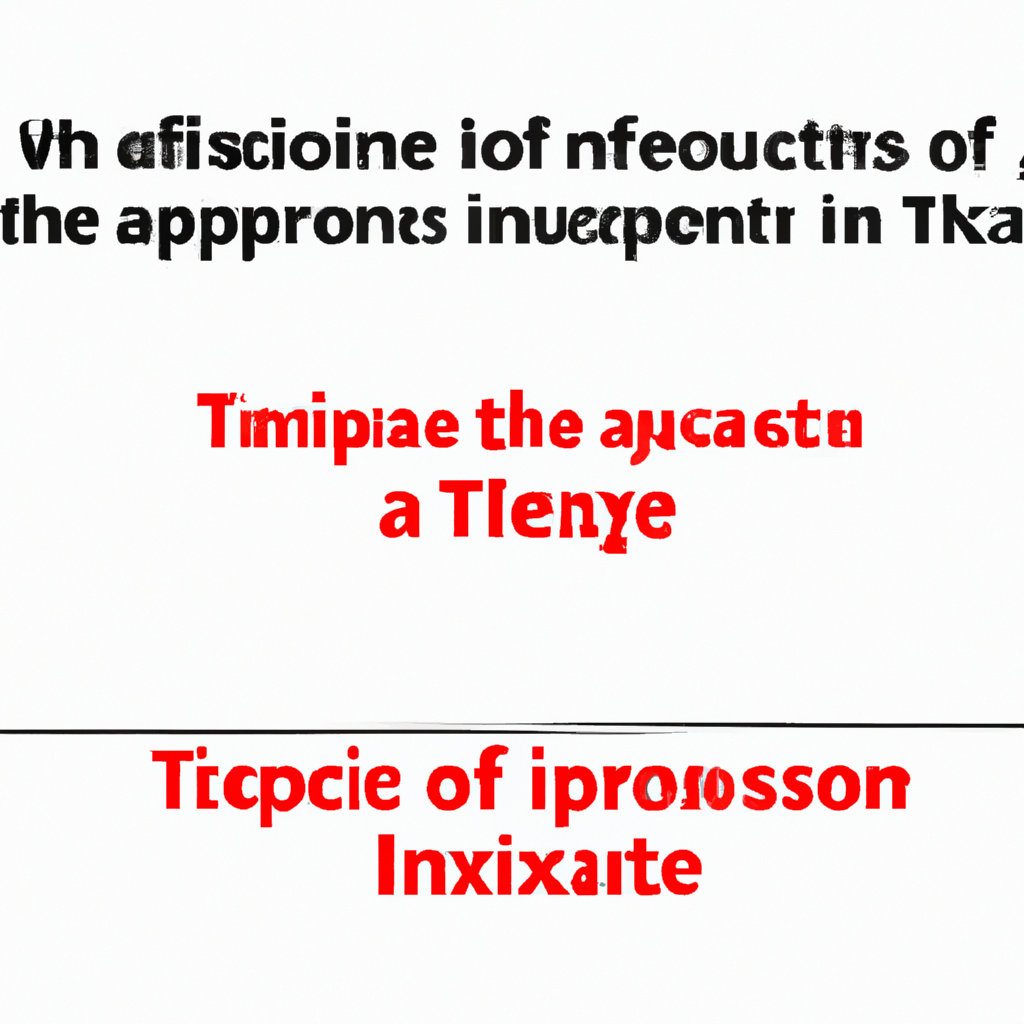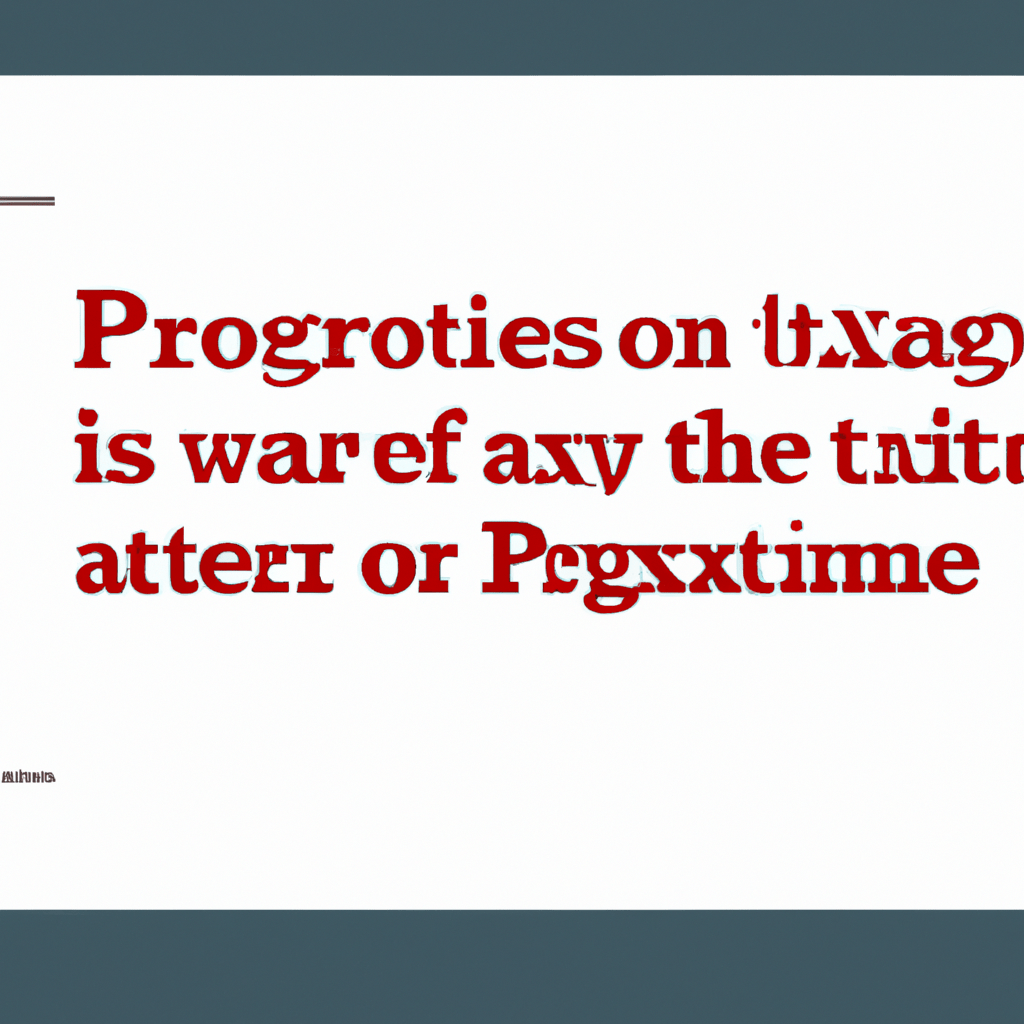Impacts of progressive taxation on income inequality and wealth redistribution

Progressive taxation, as a policy measure, has significant impacts on income inequality and wealth redistribution within a society. By imposing higher tax rates on individuals with higher incomes, progressive taxation aims to promote a more equitable distribution of wealth. This approach helps to narrow the wealth gap between the rich and the poor, leading to a more balanced distribution of economic resources. As a result, progressive taxation can potentially reduce income inequality, allowing for a fairer society where wealth is distributed more evenly. Through the redistribution of wealth, progressive taxation plays a vital role in promoting social cohesion and reducing disparities in wealth accumulation.
Read more
Examples of progressive taxation policies in different countries

Progressive taxation policies are implemented in various countries worldwide to promote economic equity and reduce income inequality. One such example can be found in the United States, where a progressive income tax system is established. This system levies higher tax rates on individuals with higher incomes and lower rates on those with lower incomes. Another example can be seen in Sweden, where progressive tax rates reach as high as 57% for individuals earning above a certain threshold. Additionally, countries like France and Germany also employ progressive taxation policies to varying degrees. These examples illustrate how progressive taxation aims to distribute the burden of taxation more fairly, based on an individual's ability to pay.
Read more
Definition of progressive taxation

Progressive taxation is a method of taxation that involves levying higher tax rates on individuals or businesses with higher incomes or assets. The aim of progressive taxation is to distribute the tax burden more equitably by ensuring that those who are able to pay more contribute a larger share of their income or wealth to taxes. This type of taxation system is based on the principle of ability to pay, where individuals or businesses with higher incomes are considered to have a greater ability to contribute to public finances. By implementing progressive taxation, governments can address income inequality and generate revenue to fund public services and social welfare programs.
Read more
Criticism of progressive taxation

Critics argue that progressive taxation discourages productivity and stifles economic growth. They claim that high tax rates on the wealthy disincentivize hard work, innovation, and entrepreneurship. By taking away a larger proportion of their income, critics contend that progressive taxation reduces the incentivization for individuals to take risks and invest in businesses. Additionally, it is argued that the redistribution of wealth through progressive taxation can lead to a decrease in wealth accumulation and capital formation, limiting resources available for investment and economic expansion. Critics also assert that progressive taxation can promote tax evasion and avoidance as individuals seek to minimize their tax burden.
Read more
Progressive taxation policies

Progressive taxation policies are designed to address income inequality by imposing higher tax rates on individuals with higher incomes. This system aims to redistribute wealth and promote economic fairness. Under progressive taxation, the tax burden increases proportionally as income increases. The idea behind this approach is that those who earn more have a greater ability to pay taxes and contribute more towards public services and social welfare programs. Critics argue that progressive taxation discourages wealth creation and stifles economic growth, while proponents believe it promotes a more equitable society. Ultimately, the effectiveness and impact of progressive taxation policies vary depending on the specific implementation and the socioeconomic context in which they are applied.
Read more
Progressive taxation

Progressive taxation is an economic concept wherein the tax rates increase as an individual's income rises. This system aims to achieve a fair and just distribution of the tax burden within a society, as it ensures that those who earn more contribute a larger portion of their income towards taxes. The fundamental principle behind progressive taxation is the belief that those with higher incomes have a greater ability to pay taxes compared to those with lower incomes. By implementing this approach, governments can generate revenue that can be used to fund public goods and services, promote social equality, and address income inequality in society.
Read more
Government policies and taxation

Government policies and taxation play a crucial role in shaping a country's economic landscape. Through government policies, such as fiscal and monetary measures, governments aim to regulate and stimulate economic activity, encourage investment, and foster growth. Taxation, on the other hand, provides governments with the necessary funds to support public services and infrastructure development. It allows for the redistribution of wealth and the implementation of social welfare programs. Together, government policies and taxation have a significant impact on businesses, individuals, and the overall financial health of a nation. Understanding and analyzing these policies and taxation structures is essential in comprehending the dynamics of a country's economy.
Read more
Taxation policies

Taxation policies play a crucial role in shaping a country's economic landscape. They are a set of rules and regulations that govern the collection and allocation of taxes within a nation. These policies impact individuals, businesses, and the overall economy. They determine the amount and types of taxes levied, the tax rates, and the exemptions or deductions available. Taxation policies are designed to generate revenue for government spending, promote economic growth, encourage investment, and address income inequality. The effectiveness of these policies can greatly impact the country's fiscal stability, competitiveness, and social well-being.
Read more












